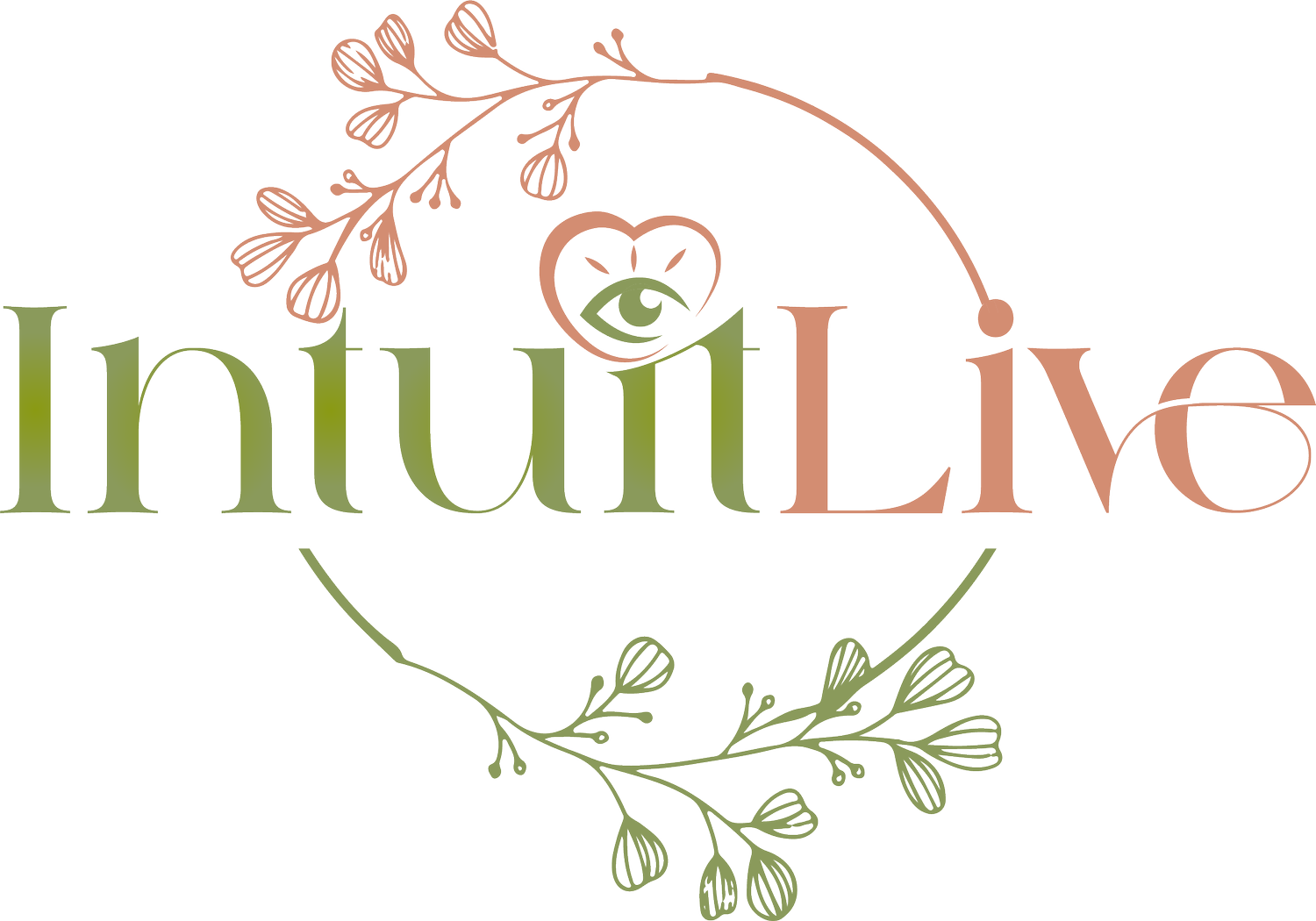Rewrite the Ending: How Story-Making Can Transform Depression.
We are, at our core, story-makers.
Long before we had science, therapy, or diagnosis codes, we made sense of life by telling stories, to each other, to the stars, to ourselves. But depression has a way of hijacking this very human superpower. It dims the inner narrator’s voice and turns every plotline into tragedy. In narrative therapy, we call this a "problem-saturated story", one where the character (you) has lost sight of other plot options, other scenes, other truths.
Existentially, we’re born into a world with no script. Life asks us to write as we go, and for those in the throes of depression, that blank page can feel more like punishment than potential.
When the Mind Becomes a Harsh Novelist
Depression rewrites our inner storylines with a heavy ink of distortion. It whispers stories that are:
All-consuming (everything is touched by this pain)
Self-blaming (I must be the flaw in the pattern)
Fixed in stone (this is just how it is, and how it will always be)
These are the myths depression tells. They are compelling, repetitive, and persuasive—but not necessarily true.
The Art of the Reframe
A new narrative doesn't require pretending life is perfect. It means making space for other threads of truth. In a healthier, more empowered story, we learn to speak in ways that are:
Layered (this is one moment, not the whole novel)
Context-aware (many forces shape a scene—not just the self)
In motion (change is the only constant, and nothing is the final word)
When we shift from "this is everything" to "this is one page," we unlock the possibility for revision. For expansion. For compassion.
The Existential Lens: No One Gets the Whole Plot
From an existential view, we’re all making meaning in the dark. No one gets a map. But that also means no one has the authority to tell you that your story is over.
The beauty of being a story-maker is that the ending is unwritten.
Therapy as a Place to Weave New Narratives
In therapy, we don’t just analyze, we re-author. Together, we explore where your story narrowed, what characters influenced the plot, and where the silence might actually be fertile ground for rebirth.
We ask:
Who is narrating this chapter?
What themes have repeated, and do they still belong?
Where might a different tone or tempo change the emotional arc?
A Practice: The Gentle Rewrite
Next time your inner narrator delivers a heavy-handed line, pause. Ask:
Is this the whole story—or just the loudest one?
What else might be true here, even quietly?
If this chapter turned, what would the next line be?
Then write. Just a few sentences. Begin with: “What if...” and let curiosity be your guide.
Final Thought: You Are Not the Story You’ve Been Told
You are not just the character, you are the author. Depression doesn’t get to write the final chapter unless you hand it the pen. When we become conscious of the stories we carry, and brave enough to reshape them, we begin to remember: this life is still being written.
And the next sentence is yours.
